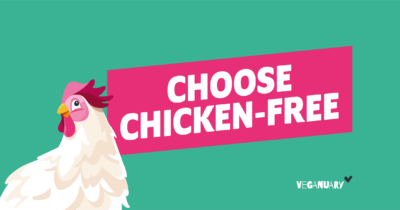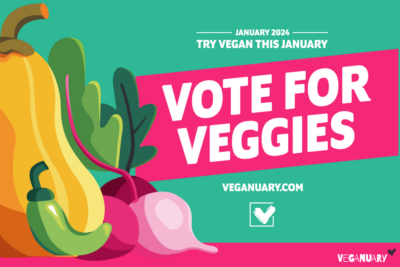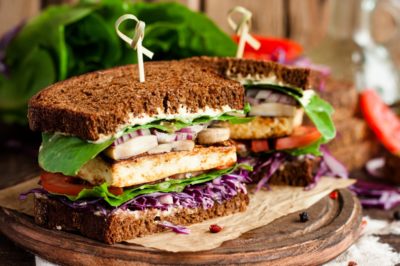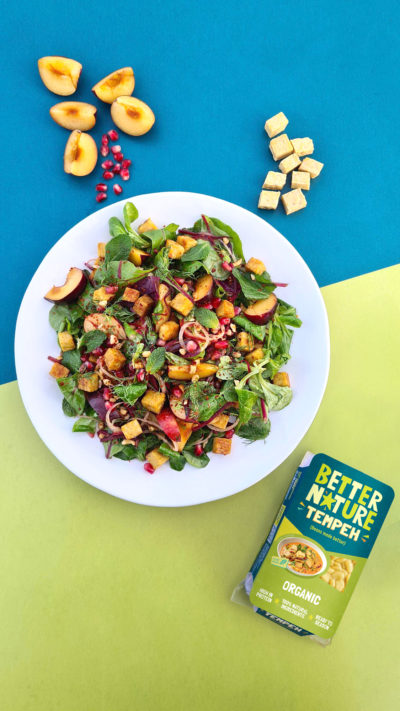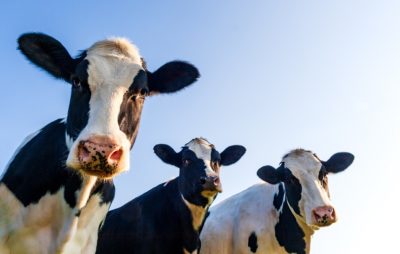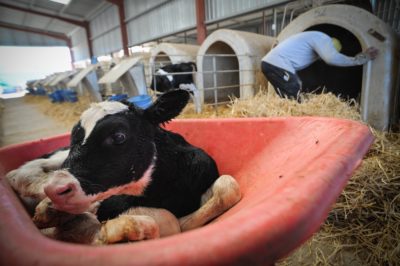Is dairy an essential source of calcium? Not quite. Here’s how to get calcium without dairy.
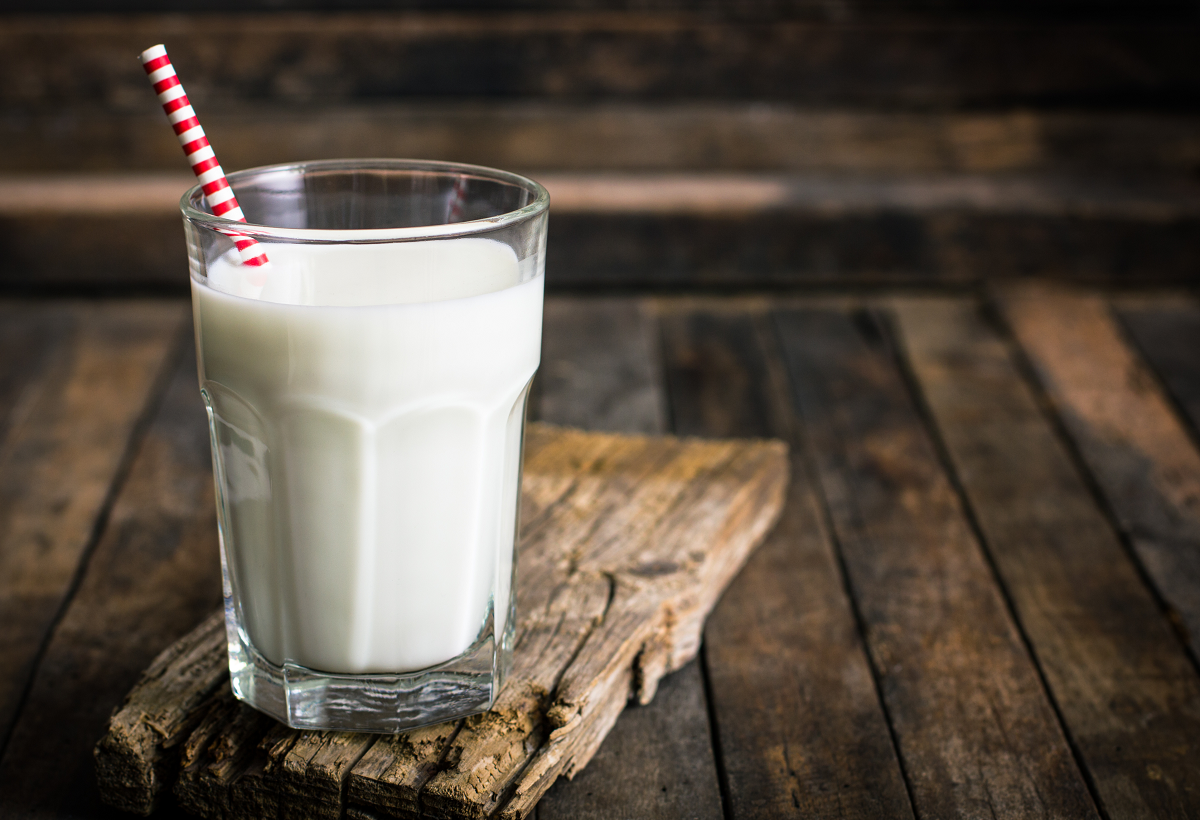
You must have heard it a thousand times – “you’re vegan, be careful to get enough calcium!”
Those people have a point, but bone health is about more than just calcium, and calcium is about more than just dairy!
non-dairy Sources of Calcium
We need around 1000 mg of calcium a day, but we don’t have to get it from dairy.
Eating a plant-based diet can provide sufficient calcium, but we need to be mindful to eat foods that are good sources. They include:
- Calcium-set tofu (not all tofu is made this way, so choose varieties that are; 4 oz of tofu gives you about 200 mg of calcium)
- Fortified plant milks and yogurts (one serving will provide you with about 120 mg)
- Bread (in the US and elsewhere, flour is often fortified with calcium and other nutrients. In 100 mg of bread, there is typically a minimum of 100 mg of calcium)
- Beans (about 4 oz of baked beans contains roughly 160 mg of calcium)
- Spinach (one cup of cooked spinach yields 245 mg of calcium)
- Kale (one cup of cooked kale yields about 177 mg of calcium)
- Other leafy green vegetables such as mustard greens, bok choy, broccoli, and chard are also great sources of calcium
Other foods that add a smaller but useful amount include sesame seeds, tahini, chia seeds, blackcurrants, black treacle or molasses, Brazil nuts, sultanas, and figs. You can also find fortified dairy alternatives in many grocery stores.
Getting your calcium from plants is not only possible, but it also offers significant advantages over dairy when it comes to overall bone health.
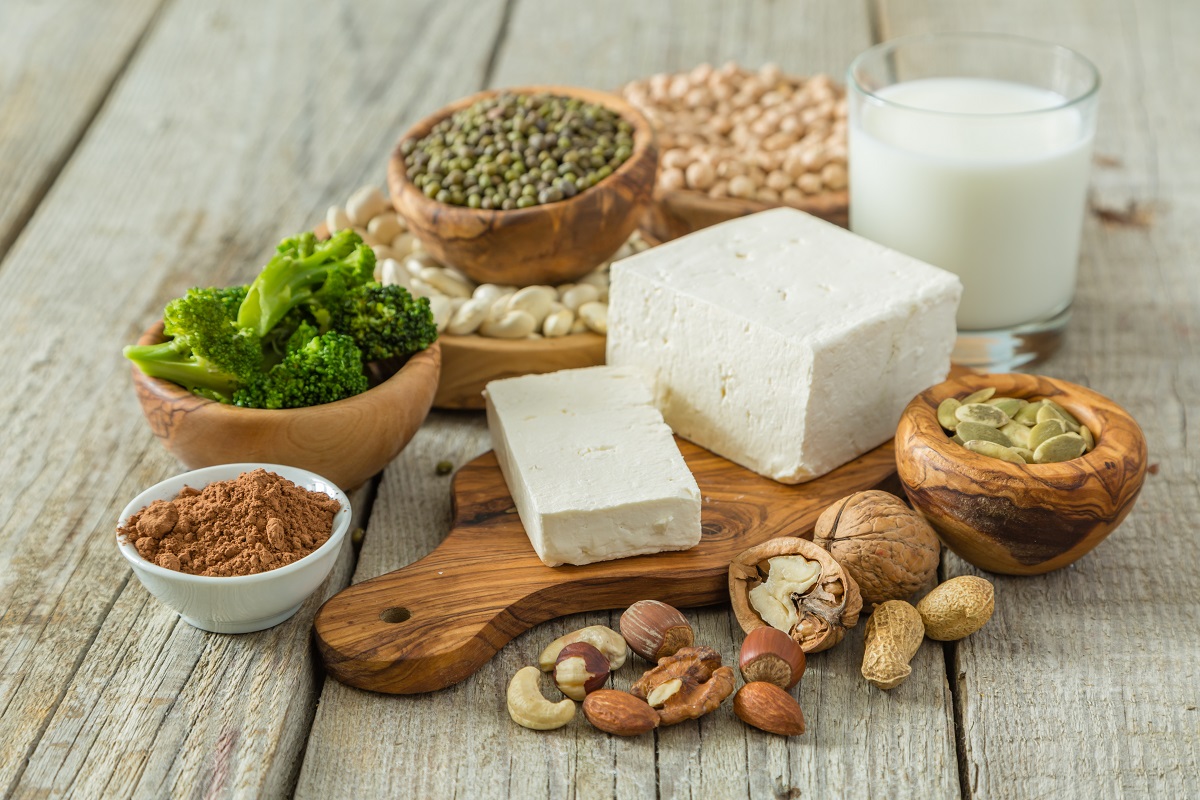
It’s Not Just Calcium
Calcium is essential for bone health, and it can do its job a whole lot better if we also exercise and have a good supply of two other vitamins: vitamin D and vitamin K.
Vitamin A also plays a role in this discussion
Vitamin A
There are two types of vitamin A. The first is preformed vitamin A which is found in animal products, including dairy. The second type is provitamin A, which is found in plants. The most common type is the carotenoid, beta-carotene.
Vitamin D
Getting enough calcium is one thing, but we need to absorb it, and vitamin D is essential for this. In the summer months, the sunshine should allow our bodies to manufacture all the vitamin D we need.
But in winter, those who are older or living in northern latitudes – including parts of the US – and those who have darker skin will need more. Although fortified foods are available, these are not the best source – supplementing is best.
For those who don’t spend much time outside, a supplement is sensible all year round. Vitamin D2 is always suitable for vegans, but vitamin D3 can be derived from animals, so ensure you choose a vegan brand of D3.
Vitamin K
Good bone health also requires vitamin K as it helps keep calcium in the bones and away from the blood vessels.
Cows’ milk – like other animal products – contains minimal vitamin K, but it can be found plentifully in green leafy vegetables like spinach, kale, and broccoli, as well as in spring onions, kiwi fruit, grains, and vegetable oils.
What Shouldn’t We Eat?
Alcohol, and caffeine can reduce absorption and retention of calcium, so avoid consuming too much of these.
Bone Health is More Than Diet
There are two more things to consider. We need to do regular weight-bearing exercises such as running, dancing, or lifting weights to strengthen our bones. (Swimming and cycling are great for overall health but do not meaningfully contribute to bone health.)
And finally, smoking is a risk factor for osteoporosis and bone fractures and should be avoided.
Looking for more information about the disadvantages of dairy? Check out our blog about cows and the dairy industry.
This content was reviewed by Claire Lynch, RD and nutritionist Rohini Bajekal from Plant-Based Health Professionals in November 2023. For more information about bone health, see this fact sheet.

